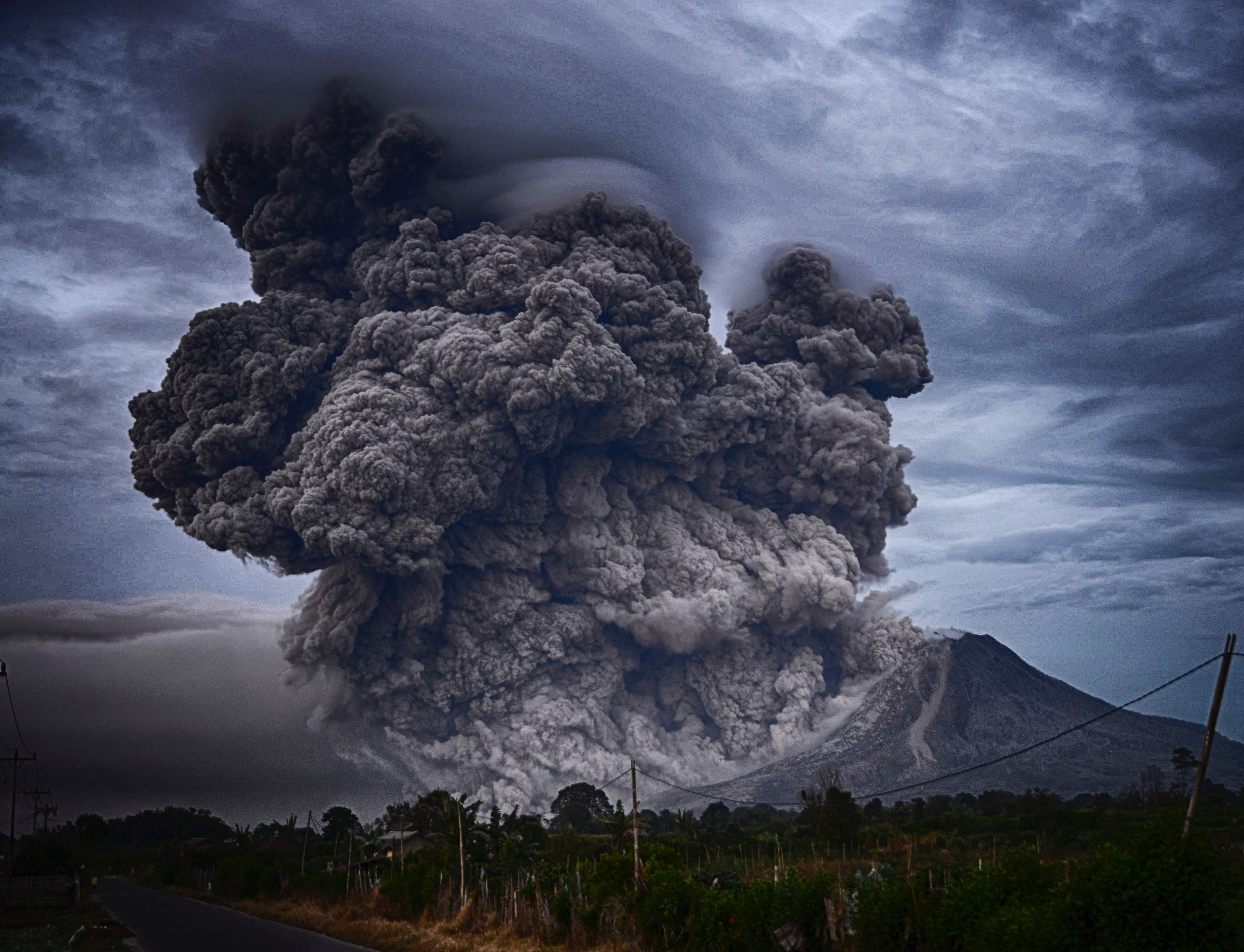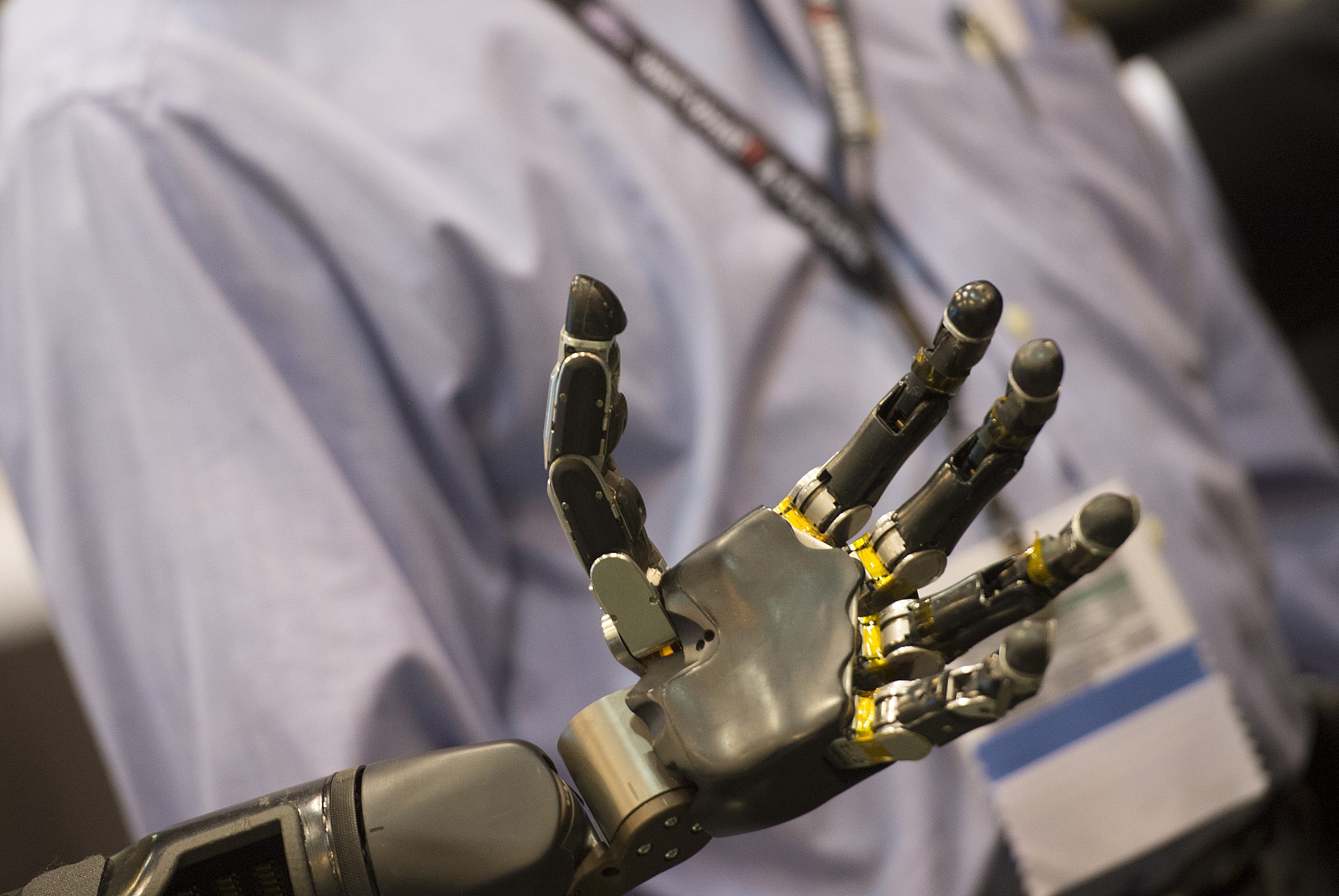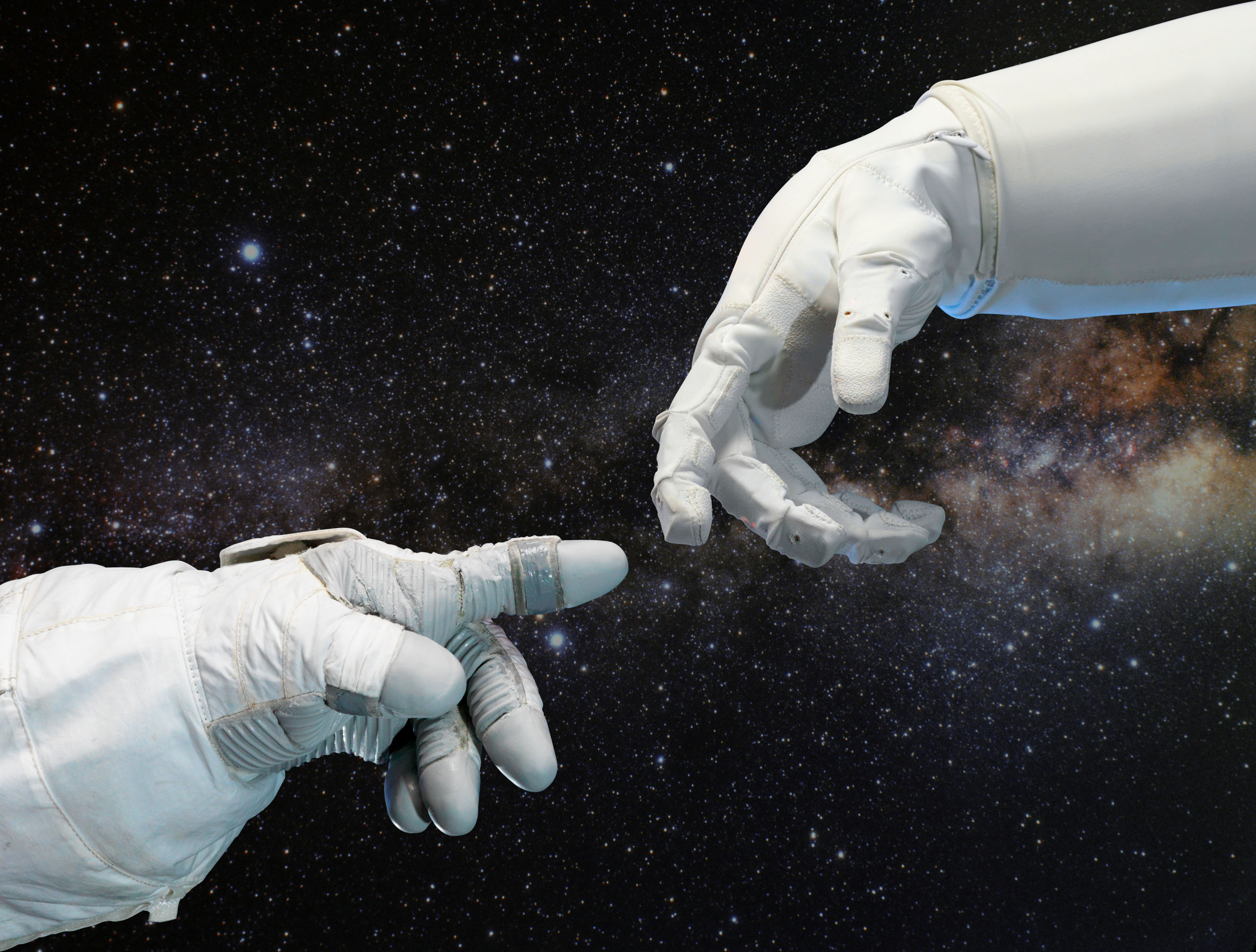
Reporting on Religion & Climate Change
Catastrophic extreme weather events like droughts, floods and wildfires impact communities across the world as leaders continue to grapple with balancing energy needs and the global push for climate action. Although skepticism persists, a broad swath of faith communities advocate for policy change, fight for climate justice, establish creation care ministries, embrace solar energy, plant gardens […]



